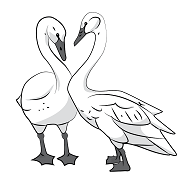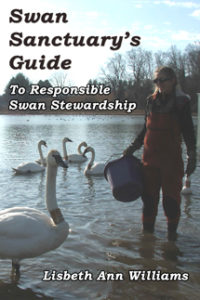Scavengers are something that few people give much thought to, but the importance of the role they play in life on earth, must be realized. They are in fact, every bit as important as pollinators in the service that they provide. Vultures are severely threatened all over the world, most alarmingly in Africa. Ten of Africa’s eleven vulture species are either nearing extinction or critically endangered. It is estimated that as many as 99% of the vultures on that continent, have disappeared. The loss of habitat and suitable nesting sites, as well as power line strikes, is responsible for some of the decline. The biggest threat, of more than 60%, to their survival, is poisoning. The dangerous pesticides contained in the carcasses of domestic animals and wild animals alike, attacks their liver, bringing to them what is presumably an agonizing death.
Why should we care? Vultures and other scavengers provide an important service. They provide it for free, without leaving a carbon footprint, and they do it quickly and efficiently. When they consume a dead carcass, they are ridding us of disease organisms, which left to rot, would simply multiply. With so many rotting animals and spoiled food left to decay, we are literally providing the perfect environment for deadly viruses to run amok. With so many people living in dreadful fear of succumbing to disease, we should be doing all that we can to save the vultures.
Instead of throwing turkey carcasses and spoiled meat into the germ laden trash receptacle, to be picked up once a week by the local garbage collection company, we need to offer it to the vultures, opossums, and other scavengers that are struggling to survive. We must stop being wasteful as a society and strive to ensure that we are doing everything possible to give what we do not need or want, to another life that will be grateful to have it. A lot of people still do not recycle and they throw several pounds of trash and garbage away every week. Restaurants and grocery stores also throw out food that they could not sell. Only a few donate to food kitchens to serve the hungry.
We must begin to find alternative ways to dispose of our excesses in order to benefit not only ourselves, but our fellow species. We must begin here, at home, to make the changes that will trickle up into our community, and eventually to the world. We must realize that all species are a necessary part of the mechanism of life – especially the vultures and the scavengers – and we must do all that we can to save them.



